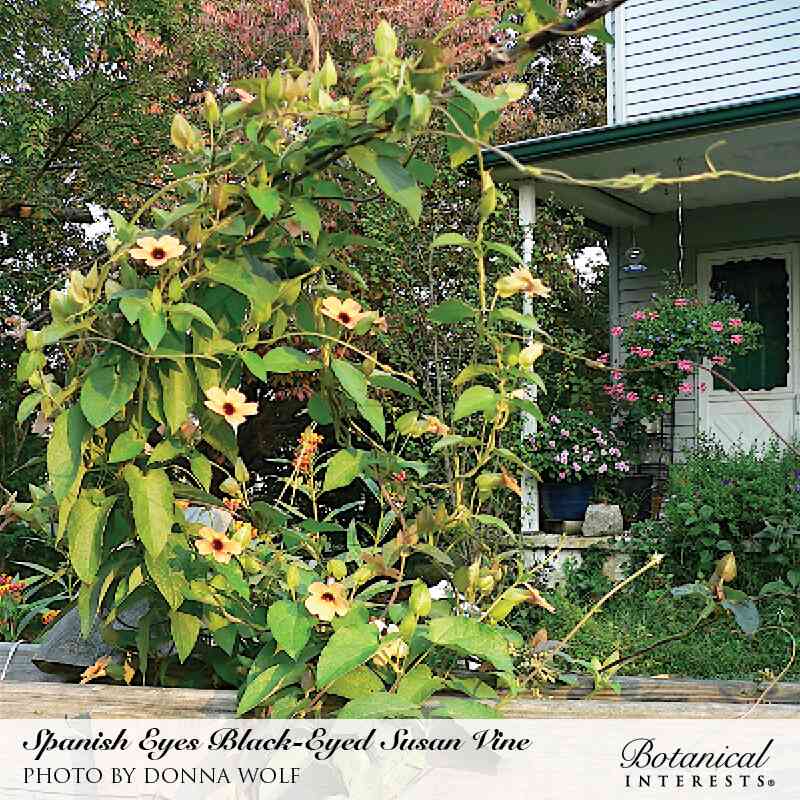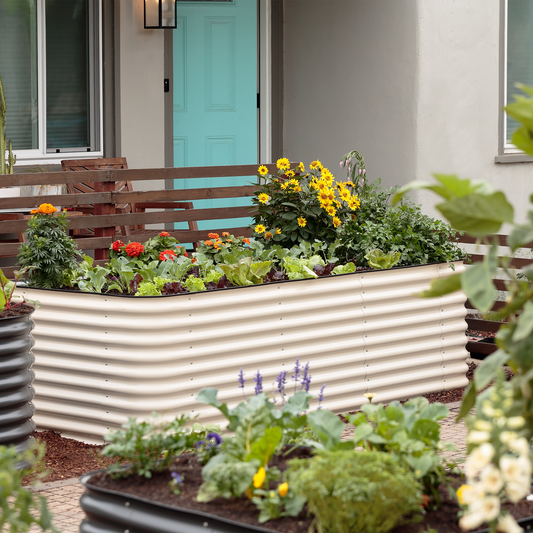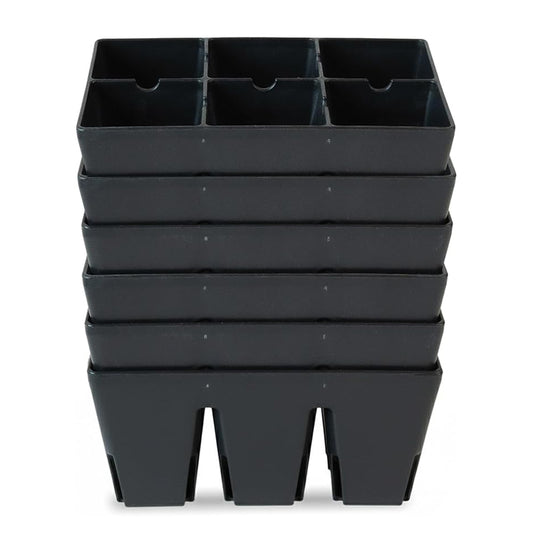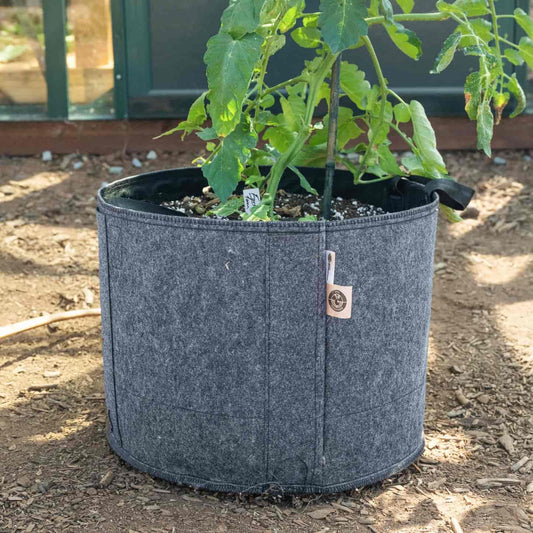




Your hardiness zone is
- Variety Info
- Sowing Info
Variety Info
Family: Acanthaceae
Native: Africa
Hardiness: Perennial USDA zones 10 and 11, otherwise grown as an annual
Exposure: Full sun to part shade
Bloom Period: Summer to frost
Plant Dimensions: 5'–8' long vine; in frost-free areas it may reach 20'.
Variety Info: 1"–1½" wide, vibrant white, yellow, and orange flowers, some with and some without a contrasting black "eye".
Attributes: Attracts Pollinators, Cut Flower
Sowing Info
When to Sow Outside: RECOMMENDED. 1 to 2 weeks after your average last frost date, and when soil temperature is 65°–80°F.
When to Start Inside: 6 to 8 weeks before your average last frost date. Transplant outside after average last frost. Use biodegradable pots to prevent root disturbance when transplanting.
Days to Emerge: 15–20 days
Seed Depth: ⅛"
Seed Spacing: 1 seed every 6"
Thinning: Not required













